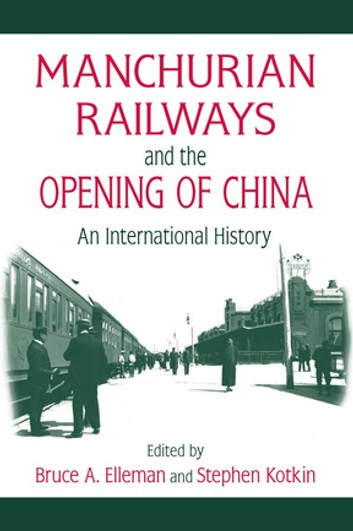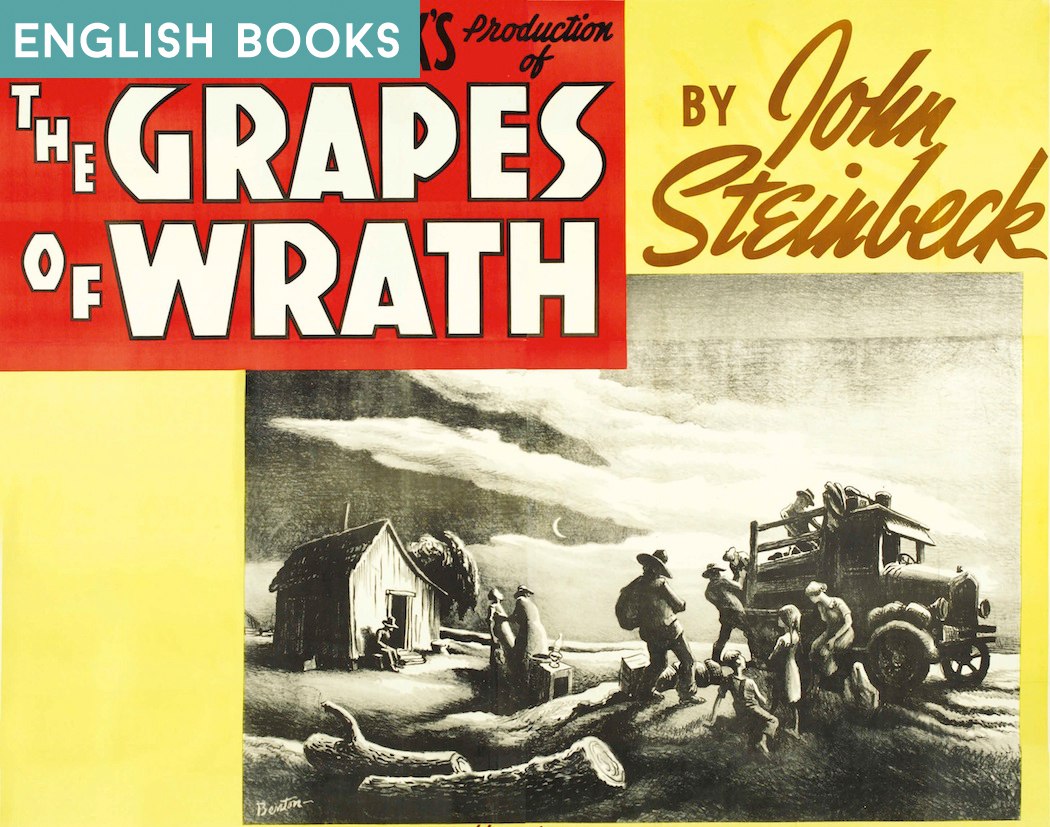A History of Latin America (8th
1) A History of Latin America (8th Ed) – Benjamin Keen, Keith Haynes
Wadsworth Publishing | 2008 | PDF
This best-selling text for introductory Latin American history courses, A History of Latin America, encompasses political and diplomatic theory, class structure and economic organization, culture and religion, and the environment. The integrating framework is the dependency theory, the most popular interpretation of Latin American history, which stresses the economic relationship of Latin American nations to wealthier nations, particularly the United States.Spanning pre-historic times to the present, A History of Latin America uses both a chronological and a nation-by-nation approach, and includes the most recent historical analysis and the most up-to-date research. This is the most streamlined and cohesive edition yet, with substantial additions to pedagogy and chapter content. Expanded coverage of social and cultural history includes women, indigenous cultures, and Afro-Latino peoples.
2) A Companion to Latin American History – Thomas H. Holloway
Wiley-Blackwell | 2010 | PDF
The Companion to Latin American History collects the work of leading experts in the field to create a single-source overview of the diverse history and current trends in the study of Latin America.
• Presents a state-of-the-art overview of the history of Latin America
• Written by the top international experts in the field
• 28 chapters come together as a superlative single source of information for scholars and students
• Recognizes the breadth and diversity of Latin American history by providing systematic chronological and geographicalcoverage
• Covers both historical trends and new areas of interest
3) A History of Modern Latin America: 1800 to the Present – Teresa A. Meade
Wiley-Blackwell | 2009 | EPUB
A History of Modern Latin America: 1800 to the Present examines the diverse and interlocking experiences of people of indigenous, African, and European backgrounds from the onset of independence until today.
• Illustrates and analyzes the major and minor events that shape history, the triumphs and defeats, and the everyday lives of people of varied classes and racial and ethnic backgrounds
• Intersperses accounts of the lives of prominent figures withthose of ordinary people
• Emphasizes gender’s role in influencing political and economic change and shaping cultural identity
4) Contemporary Latin America: 1970 to the Present – Robert H. Holden, Rina Villars
Wiley-Blackwell | 2012 | EPUB
Contemporary Latin America presents the epochal political, economic, social, and cultural changes in Latin America over the last 40 years and comprehensively examines their impact on life in the region, and beyond.
Provides a fresh approach and a new interpretation of the seismic changes of the last 40 years in Latin America
• Introduces major themes from a humanistic and universal perspective, putting each subject in a context that readers can understand and relate to
• Focuses on ‘Ibero-America’–Brazil and the eighteen countries that were formerly Spanish possessions- while offering valuable comparative views of the non-Iberian areas of the Caribbean
• Emphasizes the global, regional and national dimensions of the region’s recent past
5) Americanos: Latin America’s Struggle for Independence – John Charles Chasteen
Oxford University Press | 2009 | PDF
A premier volume in Oxford’s Pivotal Moments in World History series, Americanos offers an engagingly written, compact history of the Latin American wars of independence. Proceeding almost cinematically, scene by vivid scene, John Charles Chasteen introduces the reader to lead players, basic concepts, key events, and dominant trends, braided together in a single, taut narrative. He vividly depicts the individuals and events of those tumultuous years, capturing the gathering forces for independence, the clashes of troops and decisions of leaders, and the rich, elaborate tapestry of Latin American societies as they embraced nationhood.
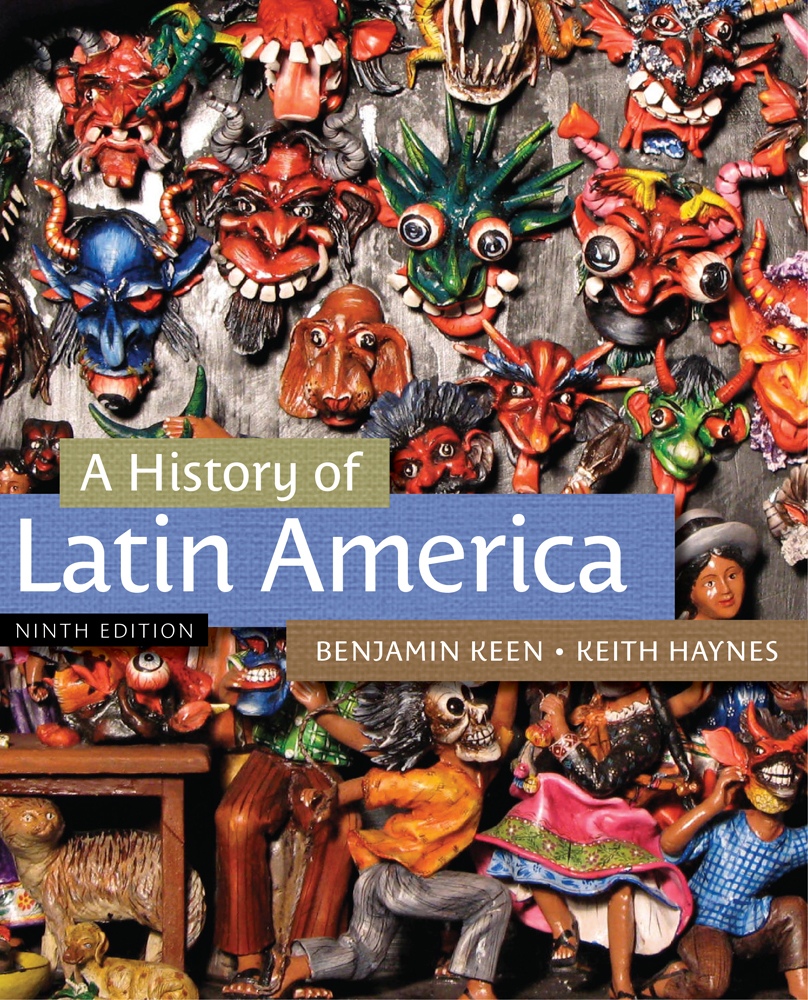 1 / 5
1 / 5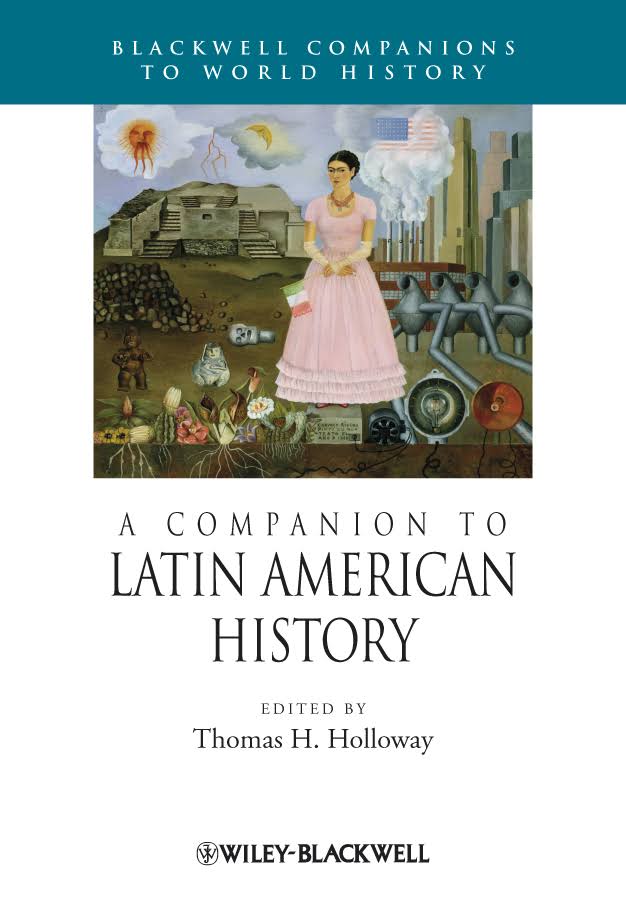 2 / 5
2 / 5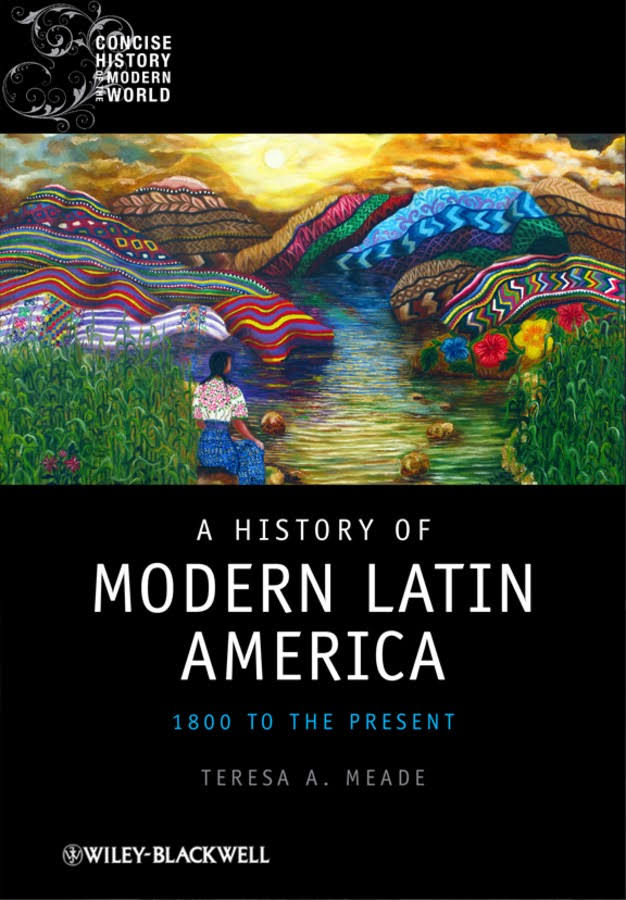 3 / 5
3 / 5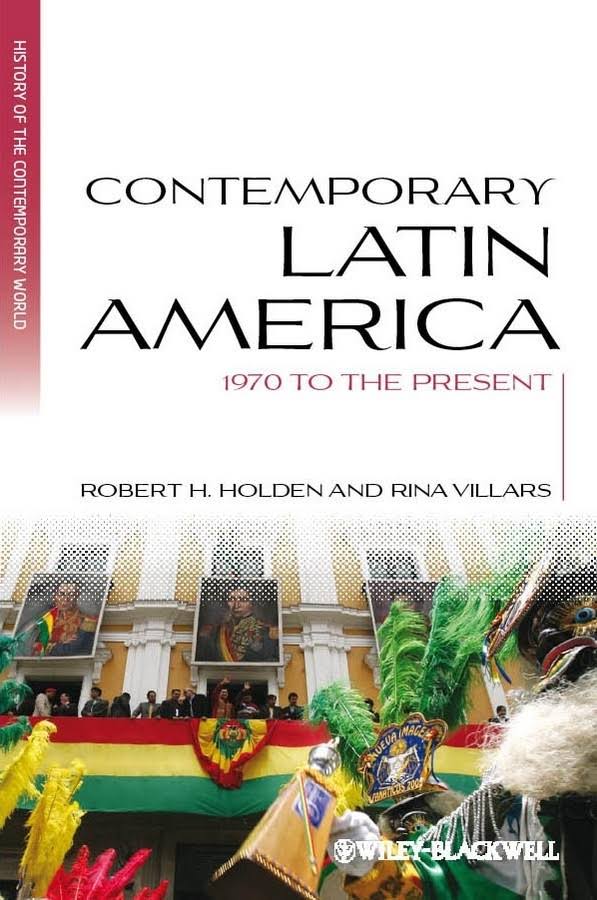 4 / 5
4 / 5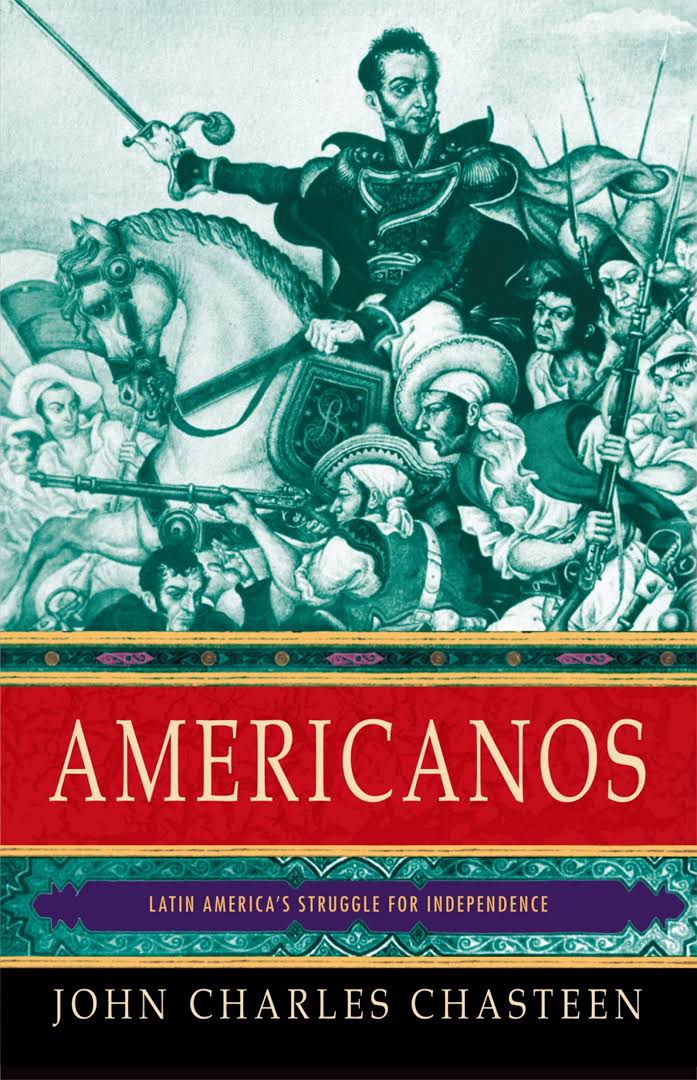 5 / 5
5 / 5